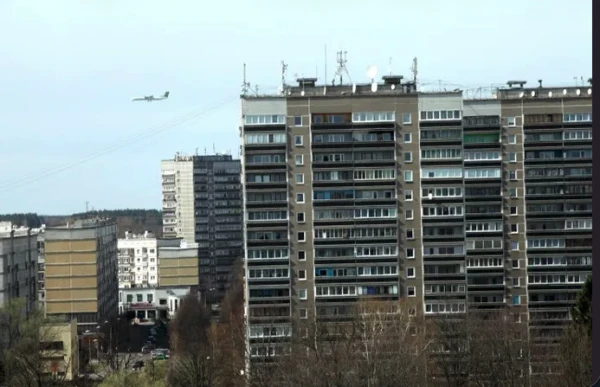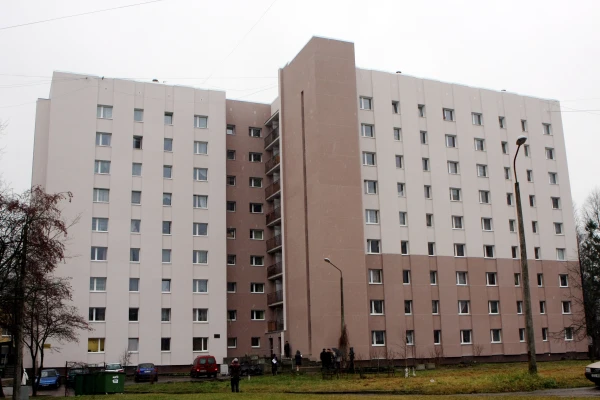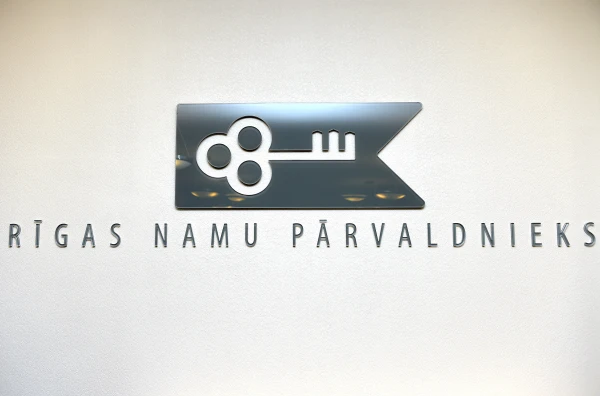
Deputies of “New Unity” submitted to the Saeima a draft law “Amendments to the Law on Administrative Penalties for Violations in the Field of Administration, Public Order, and Use of the State Language,” which provides for tightening administrative penalties for violations related to non-compliance with the rules for using the state language, as well as tightening the norms regarding manifestations of disrespect for the state language.
The amendments provide for a clearer definition of disrespect towards the state language, which is punishable by a fine ranging from 20 to 400 penalty units. The amendments to Article 20 of the law aim to clarify that this violation includes various forms of actions and expressions that are disrespectful or offensive in nature.
The violation can be expressed not only in direct statements against the state language, disrespectful expressions in written form on the internet, including social media or comments, but also indirectly, for example, through gestures, actions, and background, as stated in the bill.
According to “New Unity,” the current level of fines for disrespecting the state language is very low. Increasing the fines is a "clear indication that disrespect for the language as a symbol of the state is perceived by the state as a serious violation, and increasing the fine may serve as a deterrent to such behavior," the authors of the bill explain.
The current version stipulates that for a large number of language violations, an individual may receive a warning or a fine ranging from 7 to 28 units, while a legal entity may face fines from 28 to 140 units, for example, for issuing stamps, forms, and information only in a foreign language or for not using names in Latvian.
The deputies propose to raise the threshold to 10–39 penalty units for individuals and 39–195 units for legal entities to make the punishment more significant and deter violations.
It is also proposed to increase liability for non-compliance with information provision rules, for example, if a state or municipal institution disseminates material in a foreign language without request, the fine may increase to 39 units for an individual, 84 units for an official, and 278 units for a legal entity.
Higher fines are also provided for cases where the state language is not ensured in documents or contracts, for example, in contracts for the provision of medical and other public services, employment contracts, at meetings and events where translation into Latvian is required by law. In the film industry, it is planned to tighten penalties for showing films without dubbing or subtitles in Latvian, and in trade, for not providing labels and instructions for goods in the state language.
The new version of the bill also plans to clarify the norm regarding disrespect for the state language, extending it not only to direct statements but also to currently widespread indirect manifestations on the internet, including social media, as well as actions and gestures that demean the status of the state language.
The annotation notes that the current fines were established in July 2020 and no longer correspond to the economic situation and the goals of state language policy.
The party emphasizes that the Latvian language is the foundation of national identity and security of Latvia, and its protection is a shared responsibility of the state. This is especially relevant in the current geopolitical climate, where there are risks of various external attempts to influence the role, value, and significance of the state language and to diminish it.















Leave a comment